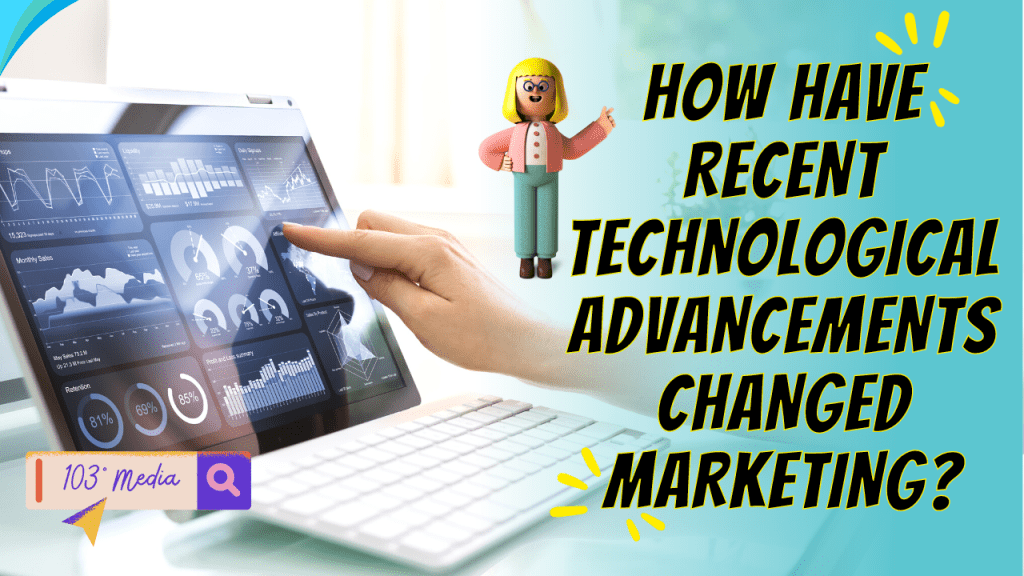As more of our time is spent on mobile devices, tablets, and computers, the marketing landscape is shifting. The challenge for brands is to consistently interact with customers through this multitude of devices, as well as to develop campaigns that can be applied to web-based media, television advertising, and e-commerce.
According to Moksh Popli, a famous businessman, marketing plays a crucial role in the success of any company. Sales and profits can increase if you publicly announce your product, craft a positive brand image, and demonstrate how your explanations benefit buyers.


The idea of marketing has been revolutionized by the ongoing conversations consumers have with brands through their use of websites and mobile apps. The current advertising department needs to combine the technical side of information, web design, and research with the imaginative side of the field, using amazing stories to capitalize on people’s desires and goals.
Training in IT and technology is crucial in light of recent developments in data-driven marketing and technology. We can hardly keep up with the speed at which marketing is being disrupted by technological advancements.
Location-based marketing
Looking at where people get their news, their preferred forms of entertainment, and their shopping habits can shed light on this phenomenon.
- Connectivity: Roughly half of the world’s population (or about 4 billion people) have access to the internet at any given time. More people will be using the internet in China and India combined in three years than in the United States right now.
- Mobile: More than 5 billion people use mobile devices, with smartphones accounting for over half of all mobile connections. Spending on mobile advertising is expected to reach $93 billion this year, $20 billion more than spending on television. More than 2.14 billion people worldwide are anticipated to purchase via electronic commerce in 2021.
- Entertainment: About half a billion people watch videos on Facebook every day, and this accounts for one-third of all time spent online.
What Brands Must Provide for Marketers
The rising popularity of technologies like blockchains and chatbots can be explained by examining what marketers want from brands. In this sense, technology is not so much a transmitter as it is a tool for enhanced communication.
- Mass personalization: Monetate and WBR Research found that 93% of companies using sophisticated personalization tactics saw an increase in sales last year.
- Experiential Marketing: The return on investment for experiential initiatives that forge emotional connections between consumers and brands can be as much as ten times higher than that of digital marketing.
- Accountability & Transparency: In 2017, brands spent US$63.4 billion on programmatic, but only 27% of that amount actually went to working media. A staggering 55% of those funds were lost to the so-called “tech tax” that is applied at each stage of a programmatic buy, and up to 12% were lost to ad fraud.
Merging Marketing and Technology
Marketers will need the help of the IT, info, and legal teams to figure out how to implement new tech for a brand or product in the most effective way.
Marketers’ biggest challenge will be figuring out how to put all that data to good use. Without marketing intelligence that unifies data insights, even the most advanced technology will fail to deliver the return on investment (ROI) you anticipate.
The Impact Is Global
Scientists and major corporations are currently attempting to develop low-orbiting satellites that can provide affordable high-speed Internet service to even the poorest countries. This means that your advertising strategy should reach out to a much larger audience to accommodate the huge potential customer base for your goods and services. To reach people in every part of the world, you’ll need to come up with a unique marketing strategy that still resonates with them.
It’s a Fast-Paced World
According to studies and research, the typical wait time for a web page to load is seven seconds. Now more than ever, it will be essential to have a website that loads quickly so that you can compete in the global marketplace.
Customers today have less patience than ever before when it comes to waiting for their purchases to arrive. If you don’t adapt your strategies quickly to meet their requirements, they will look elsewhere.
More finance for maximizing profit
Although the total cost of investment in new technology is expected to decrease as economies of scale and competition among service and platform providers increase, this is a common concern among marketers.
Spending on marketing technology is also expected to increase in tandem with expanding marketing budgets. Between 2018 and 2022, total advertising spending in the United States is projected to increase by 24%, from $220.96 billion to $274.44 billion, while the proportion of spending allocated to marketing technology is projected to remain stable at 30% in both years.
The nature of the business and the required depth of implementation will determine which technology subcategory will be prioritized. Different technologies have varying degrees of complexity and need for integration with existing infrastructure. The amount of money these technologies are expected to make for businesses, however, makes the expense worthwhile. More digital interactions mean more data sets, which in turn means more opportunities for retailers to tailor offers, prices, and stock to each individual customer in real-time.
Conclusion:
Invest heavily in advertising. Invest more of your resources into advertising if at all possible. An increased budget will aid in enhancing overall tactics. Moksh Popli says that monitoring the competition is essential, so it could be a good idea to evaluate your marketing budget.
Keeping up with the most recent developments in technology is essential if you want to be surprisingly ahead of the curve in digital marketing. All things considered, it’s a fantastic strategy for beating the competition.




